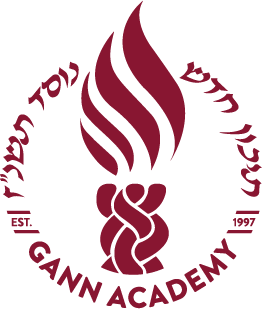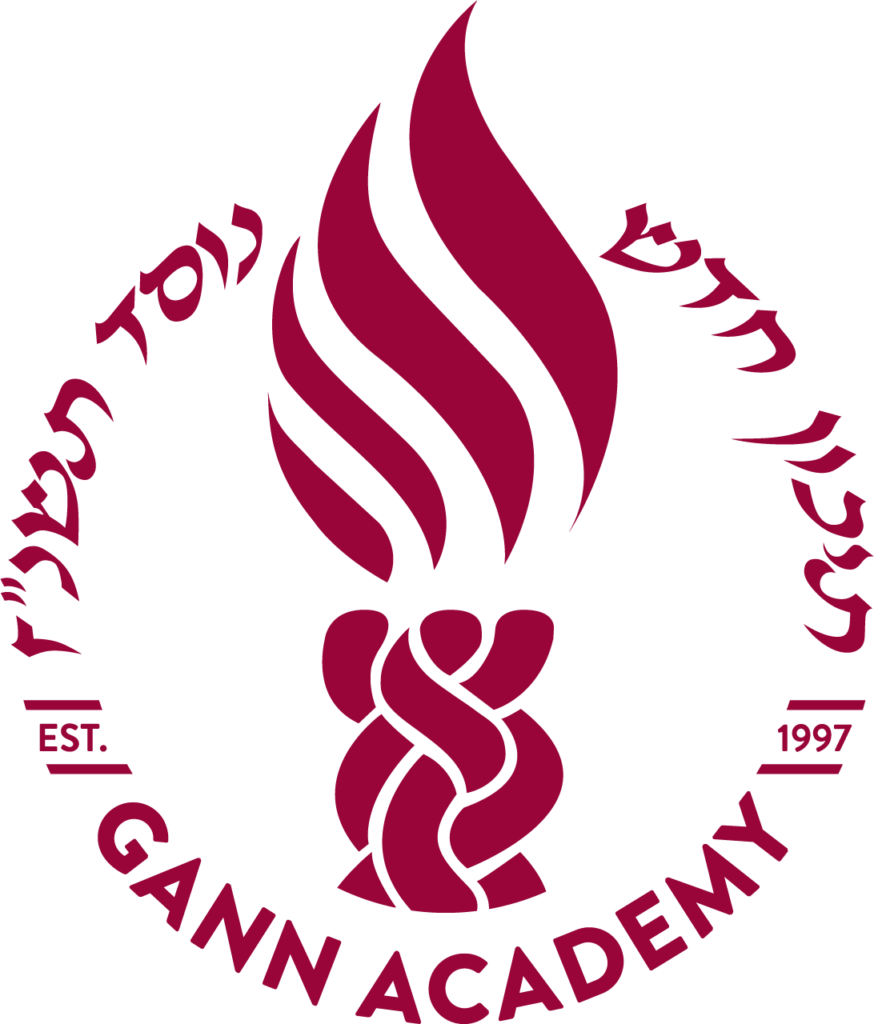
Class of 2023—As you all know, I feel particularly close to you because we started Gann together in the fall of 2019. What an eventful four years we have had together!
As I reflect on the fifty-four of you, I think about what you have taught me and one theme rises to the top:
You have taught me about friendship–deep, steady, unwavering friendship.
You have already learned that life is sweeter, more enjoyable, and much more bearable in the company of friends.
Many of us have heard the term “platonic friendship,” which is used to distinguish friendship from a romantic relationship. Interestingly, the Greek philosopher Plato never coined that term and it was only hundreds of years later in the Middle Ages when the term was created to explain and justify celibacy.
Plato, like many of his time, understood friendship in utilitarian terms. According to Plato, men could only be friends if they shared the same social status. A true friendship advanced the pursuit of knowledge, virtue, and truth.
Even before Plato was exploring the nature of friendship, the rabbis had much to say on the matter.
Many of us might be familiar with the saying from Pirkei Avot
עֲשֵׂה לְךָ רַב, וּקְנֵה לְךָ חָבֵר
Appoint for yourself a teacher, and acquire for yourself a friend
The verb used is “keneh” which we know from our study of modern Hebrew means to “buy.” L’knoat
This phrase has always bothered me: why should we have to “buy ourselves a friend.”
So I asked one of my own Rabbis, someone you know well–the one and only–Rabbi Gavriel Goldfetter. Why are the rabbis advising us to buy a friend? As usual, Rabbi G, provided me with a thoughtful response. He shared the following:
The mandate to “buy yourself a friend” acknowledges that every friendship has an economy. Probably not with money, but there are agreements:
Like “I’ll listen to you and care about you and take your problems seriously but you have to do the same for me.” Or “we send cards for each other’s birthdays” Sometimes they are different: “I’ll listen to your problems and you’ll give me encouragement”. But most friendships have some kind of economy that makes them run, and if it falls apart, the friendship gets strained.
Friendship is not unconditional. You can’t take it for granted. Or you will lose it.
As you separate, and go off on your individual journeys, it will require more effort and more work to keep the friendships you have made here. You will have to do the extra work to remember birthdays, and even to get together in person.
So if friendship requires so much effort and investment, why does it even matter? Why not just go your separate ways tomorrow and just say–y’all were nice for the past four years–but I don’t have it in me to keep in touch. I can always make some new friends who are more convenient.
Because deep childhood friendships are irreplaceable. And by deep childhood friendships, I include both friendships from Gann and also those from college, gap years, and the next stage of your life that you are about to make. Friends from school and college are the only friends who will know your parents and siblings really well, and who will remember sitting at your kitchen table and observing the culture of your nuclear family.
All the friends you make moving forward, you will have to explain yourself, where you come from, and your story in the way you do not have to explain yourself to friends from this stage of life.
I think you all understand how therapeutic friendships can be. During the 2020-2021 school year when life was really really hard, I used to come down to the science wing where you all were enclosed in your ZONE and watch you guys during mask break. Despite it all–despite getting the very worst ZONE in the school (sorry), besides having to wear a mask non-stop, besides having to eat outside even when your fingers were literally falling off and you couldn’t hold your sandwich, your friendships made your life easier, more fun. I used to watch you guys crack each other up, laugh hysterically, find even the smallest thing hilarious, and couldn’t help but in some ways envy your friendships. We adults probably didn’t take as much time that year as we should have for friendship. Watching you all, it was as if we weren’t going through a 100-year pandemic, because friendship made the burdens lighter, and they helped alleviate the fear.
The research bears this out. People with strong friendships not only have better mental health, they also have stronger physical health.
In one study, for example, that was conducted at the University of Virginia, participants were asked to climb a steep hill. Researchers found that when participants were standing next to a close friend, they rated the hill as less challenging than those who were asked to climb alone.
In a different (and slightly disturbing) study, healthy volunteers were given nose drops containing a cold virus. When all other variables were accounted for, those with stronger social connections and friendships were less likely to get cold symptoms.
The impact of friendship on health might explain why the rabbis understood friendship as a matter of life or death. We all remember the sweet story about Honi who slept under a Carob tree for 70 years. Most of us derive a lesson on environmentalism from this story, but the ending of the story has a different message.
When Honi goes around town and realizes that none of his friends are still alive, he becomes upset and dies. Rava explains this story to mean that one who has no friends is better off dead.
Now–maybe you are leaving Gann and thinking to yourself–I can’t wait to get out of here and make new friends and have a bigger social network. And that’s okay. I’m not saying you need to cling to these particular people forever. What I’m saying is that as you go out into the world, you should prioritize the making of close friends even when there are so many competing demands on your time. And you are about to have many competing demands on your time, from academic work to professional advancement to romance.
(Public service announcement from your Jewish grandparents: don’t ignore romance!)
A personal experience–when I was in my 20s, I was single, living in New York City, meeting lots of people and going out a fair amount (a fair amount for someone as nerdy as me).
One of my close college friends was a common wing-woman and would often observe me meeting new people. One time, she took me aside and said: “Dalia, when you meet new people, you ask so many questions all at once. One after another. I know you mean well, but not everyone enjoys that style of conversation.” At first, I was taken aback–how could my bestie, someone I really trusted, be so critical of me. But then I realized the amount of love and care and bravery it took to say that to me, and she did it because she really cared. That is what friendship is about. It’s about someone who holds up a mirror to your soul and has the courage to help make you better. Because they love you.
So–to the small but mighty class of 2023. You are a one-of-a-kind class that had a one-in-a-kind high school experience. You started eating on the floor, all together, in the 9th-grade locker pod in an amoeba-like formation. You spent your entire 10th grade in 4 science classrooms and on the Gann Farm (Garm) freezing your tushies off. In 11th grade, you produced an EPIC Purim schpiel and took on leadership roles in the school. Yes, I know the beginning of senior year was particularly stressful, especially without flex blocks in the middle of the day. But you did it. And you did it with grace, humor, hard work, and because you relied on your friendships.
In a few minutes I will hand you your high school diplomas and, as of that moment, you will no longer be my students.
In a few moments, you will no longer be my very first class at Gann Academy.
In a few moments, I will be honored to call you my friends.
——————————
Mazal Tov Class of 2023


